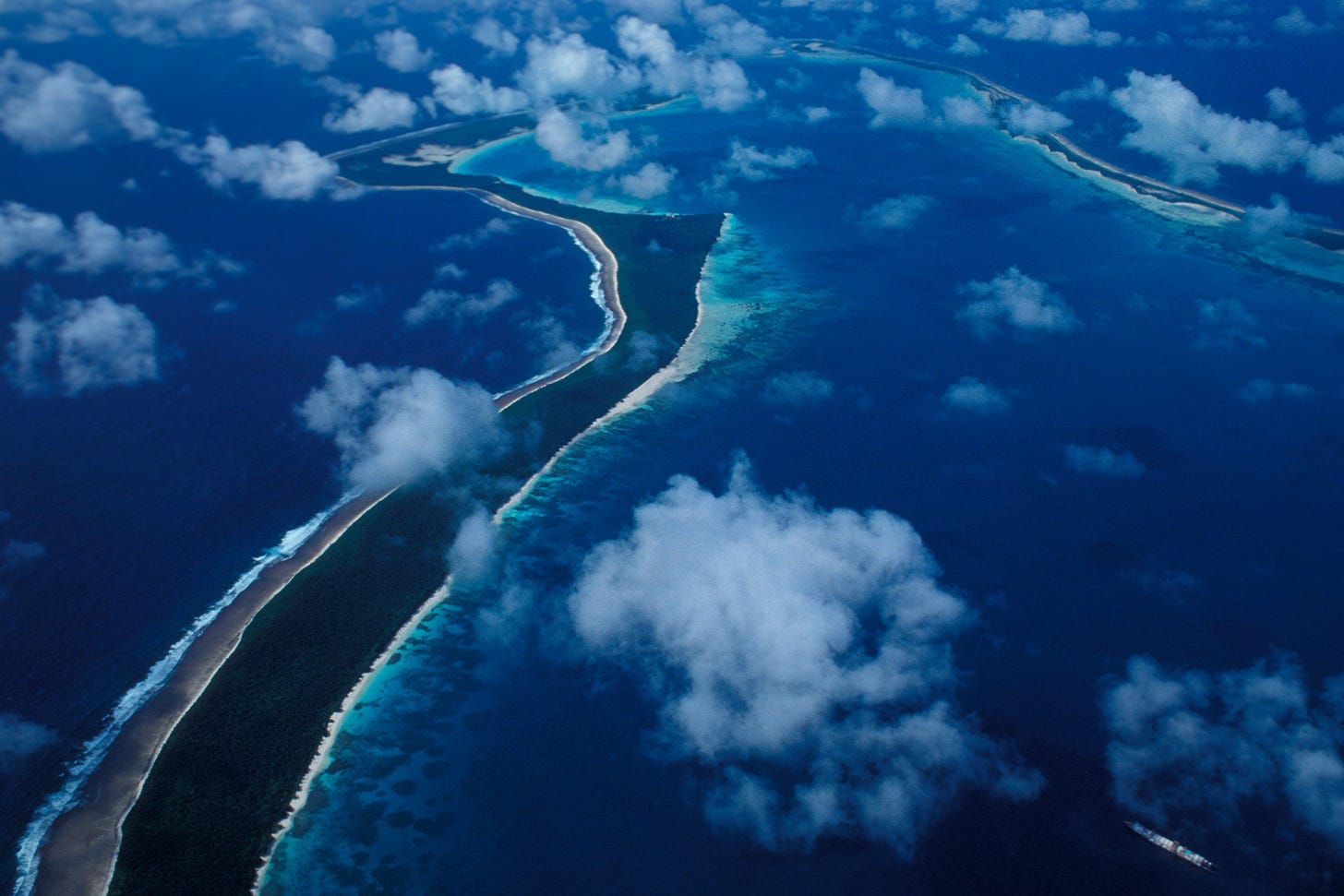Why Trump and the US backed the Chagos deal
America gets to keep on using the base, India is pleased and the poor old British taxpayer pays the bill
When Donald Trump won last year’s US election, opponents of Britain’s Chagos Islands deal assumed he would ride in and reject the agreement forged by Sir Keir Starmer. To their bafflement, the Trump administration instead went along with the deal. Why?
Last week, the UK government signed the controversial agreement giving Mauritius sovereignty over the islands, which include Diego Garcia, home to a joint US-UK military base that is a vital staging post in the Indian Ocean. The UK government claims, and this is disputed, that it was becoming difficult legally to hold on to the base, so it is better to sign a 99 year lease and pay many billions to Mauritius to rent it.
In Britain this has been seen primarily through the prism of the Prime Minister’s attachment to human rights law and his particular sensitivity to the rulings of international courts or tribunals, even when they are of dubious authority.
Then there is Philippe Sands KC, one of the PM's friends, a human rights lawyer who represents the Mauritius government.
Sands is an extraordinary fellow. A leading north London international lawyer and author of a landmark book, East West Street: On the Origins of Genocide and Crimes against Humanity (2016). His entire thing is the primacy of international law and an understandable veneration of the way it emerged from the slaughter and chaos of the Second World War.
Having read and liked his books, while disagreeing with his philosophy, and at a dinner party having argued politely with Sands about Brexit, I fear the logical end point of this worldview is ever greater authority going to external multilateral and international bodies, manned by lawyers.




